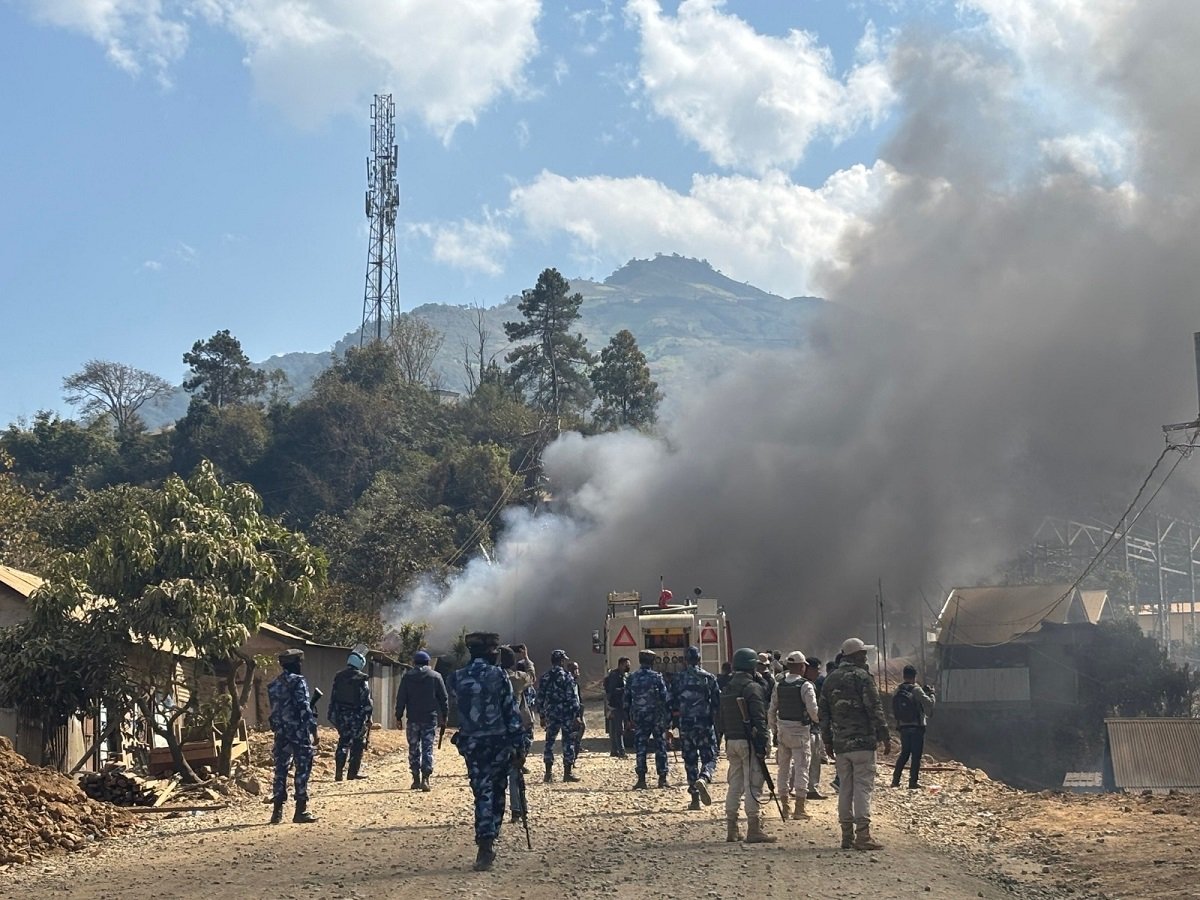In Manipur, Humanitarian Aid International (HAI), in collaboration with the People’s Resource Development Association (PRDA) and Start Network, has launched a major relief operation under the Manipur Flood Response – Humanitarian Assistance and Disaster Resilience program. The effort is aimed at delivering urgent aid to some of the most severely impacted families in the state. On Monday, the coalition successfully carried out the first phase of relief distribution in Kangpokpi District Headquarters, providing essential supplies to 165 flood-affected families. These families were among the hardest hit by the recent devastating floods that have displaced thousands and severely disrupted livelihoods across the district.
The distributed relief kits included a wide range of food items, hygiene products, and non-food essentials, such as rice, pulses, edible oil, sanitary napkins, mosquito nets, bathing soap, toothpaste, and disinfectants. The comprehensive package was carefully designed to meet both immediate nutritional and hygiene needs.The relief operation in Kangpokpi follows an earlier outreach in Senapati district, where 170 households were assisted. The initiative ultimately aims to reach a total of 500 families across multiple districts affected by floodwaters, landslides, and waterlogging.Officials reported that all three assembly constituencies in Kangpokpi district have suffered severe damage, with entire villages inundated and access to basic amenities compromised. Residents continue to struggle with acute food shortages, sanitation issues, and health risks, particularly for children, women, and the elderly.
To promote transparency and community trust, HAI and its partners installed a transparency board at the distribution site, listing nearly 30 relief items along with their respective quantities and costs. This effort was aimed at ensuring beneficiaries were fully informed about the assistance being provided and could verify the fairness of the distribution process. In addition, a complaint and feedback box was placed at the site to foster participatory governance in the relief process. Beneficiaries were encouraged to submit their feedback, grievances, or suggestions, reinforcing the commitment to accountability and continuous improvement.





